About the project
The EU Green Deal aims to make the EU climate neutral by 2050. To achieve this, a significant, rapid increase in sufficient workforce and skills of energy transition craftsmen is crucial. Employment of energy transition craftsmen, including electricians, installers, service technicians and plumbers, needs to grow exponentially and millions of jobs need to be created in the coming years. The lack of skills and staff is a major concern for policymakers. In response, EU and national programmes are being developed in cooperation with trade organisations and representatives of energy transition technicians.
NESSIE aims to develop a proactive, bottom-up and holistic approach aimed at increasing the workforce and accelerate needed skills. The project aims to improve the mainstream technical education and training curriculum by offering a rapid but responsible quality boost. NESSIE facilitates collaboration between leading energy transition islands, pioneer installers and local/regional vocational schools. The project uses unconventional recruitment campaigns and offers flexible learning, attractive internships and dynamic career paths to significantly increase student enrolment. Students receive practical training on islands in the North Sea region and work as trainees with local artisans.
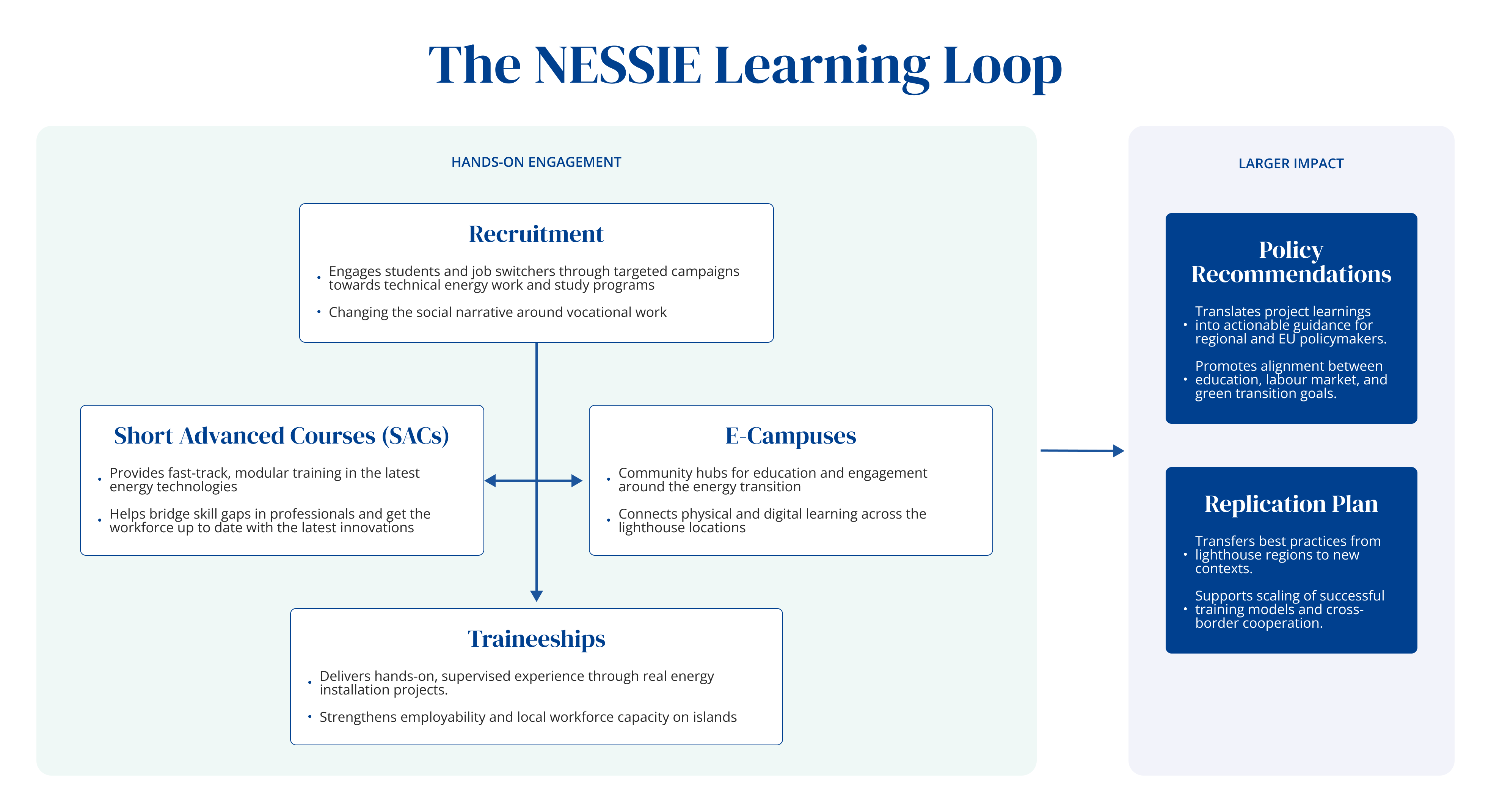
Our Consortium during the kick-off
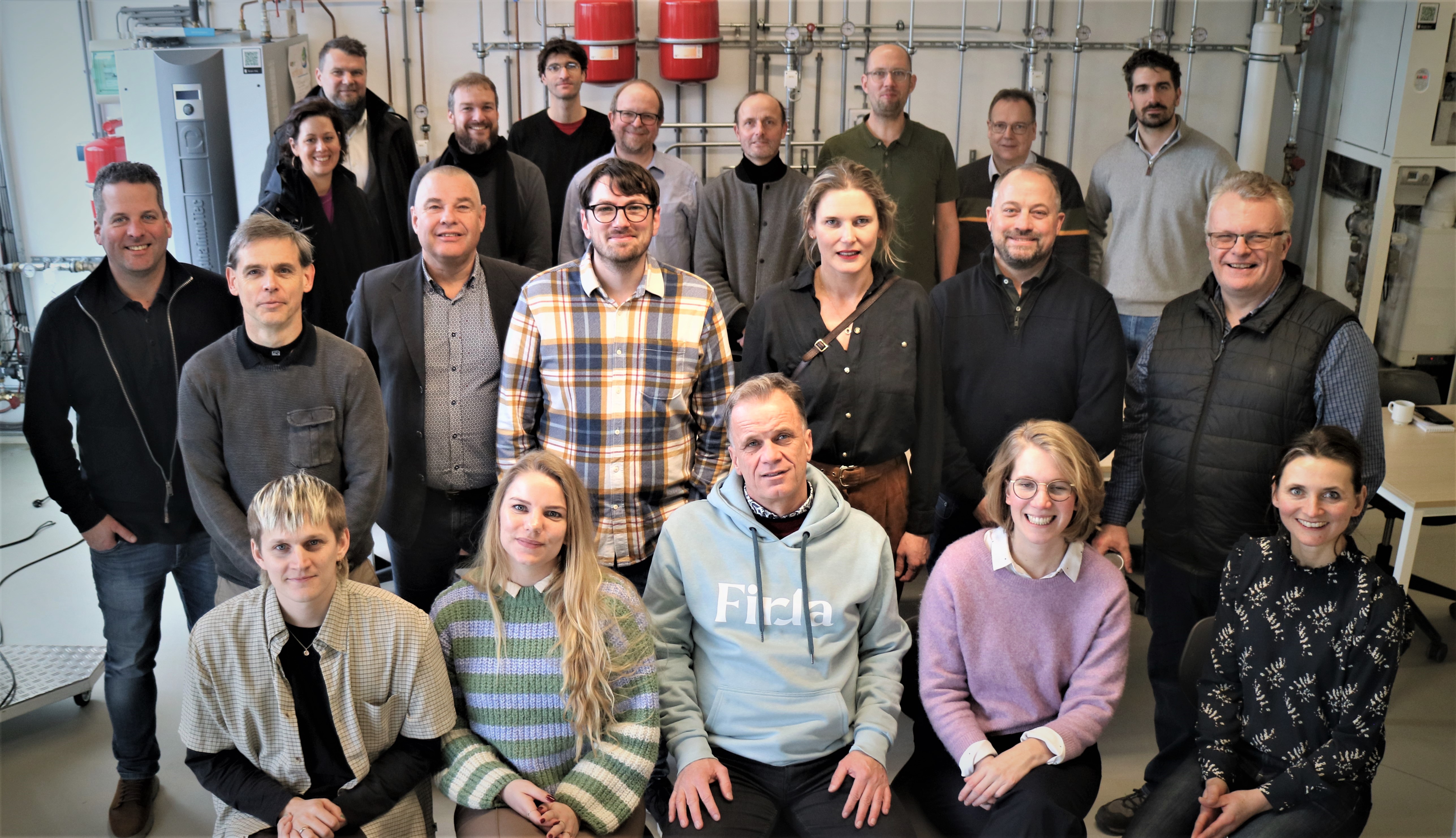
Learn more about our Consortium

About us
New Energy Coalition is a continuously growing network of knowledge institutions, businesses, government bodies and NGO’s working together to accelerate the energy transition for a sustainable future. Our coalition – with some 150 partners – connects the knowledge, experience, innovation and willpower of companies, government bodies, NGOs and knowledge institutions. Together we take up the challenge. From training young people and energy professionals to energy research and concrete energy projects. We actively share our knowledge with others. So that everyone can benefit.
Our role in the project
New Energy Coalition is the lead partner and coordinator responsible for managing the NESSIE project. This includes the execution and organisation of the project while communicating and liaising with project partners and stakeholders. New Energy Coalition also plays a role in the very first task of the project, to gather information on the challenges ET-installers face and what they foresee in the future. This input will help us in the rest of the project to really be of use to this sector and increase the workforce in ET-Installers.
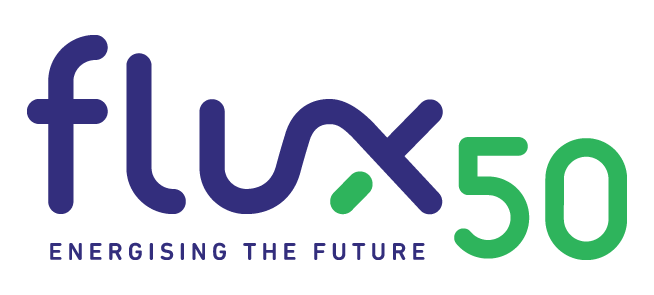
About us
Flux50 is the membership organization that helps Flanders gain international recognition as a Smart Energy Region. Flux50 facilitates cross-sector collaboration between energy, IT and building companies to enhance the competitiveness of the Flemish smart energy industry in the transition towards low carbon systems.
To bring innovative and fully-integrated energy products and – services to the international market, Flux50 sets up and coordinates living labs in five ‘innovator zones’: Energy harbors, Microgrids, Multi-energy solutions at district level, Energy cloud platforms and Intelligent renovation.
Flux50 brings together relevant players from industry, academia and government and provides them with project support, networking opportunities and a knowledge-sharing platform.
Our role in the project
Flux50 will be mainly involved in activities on sharing insights on existing knowledge within the Flemish region on the topic of competence management, virtual reality learning as well as on existing curricula for the education on new technologies for installation companies. Flux50 will perform outreach to VETs and other educational organisations in Flanders and in a broader sense in all Europe through collaboration with the Horizon Europe project Every1, and collect feedback on the SACs from the VETs within the Flemish and South of Netherlands regions.

About us
Fryslân, a vibrant and unique region located in the northern part of the Netherlands. As the only officially bilingual province in the country, we are proud to celebrate our distinct culture, history, and language—Frisian (Frysk)—while also embracing the diversity and modernity that define contemporary Europe.
Fryslân has a rich history dating back over a thousand years, with deep roots in the early settlement of the Dutch lowlands. The region has always been known for its spirit of independence and resilience. Our cultural heritage is a source of pride, with ancient traditions like the Frisian Elfstedentocht (Eleven Cities Tour) and unique sports like fierljeppen (pole vaulting) and skûtsjesilen (sailing).
At the Province of Fryslân, we are committed to preserving our rich heritage while fostering innovation and sustainability. Our vision is to create a region where tradition meets modernity, where economic growth is balanced with environmental stewardship, and where communities thrive in harmony with nature. We value inclusivity, sustainability, and community engagement, believing that our success depends on the collective efforts of our residents, businesses, and local governments.
Our role in the project
Ensuring that the results of NESSIE are translated into policy. We are therefore sub-partner of the New Energy Coalition and want the transition to be successful. This can be done by working with the parties to learn and translate into policy. We will participate in the Policy Recommendation activities in the project and finally in the translation of these results to the rest of the North Sea Region.
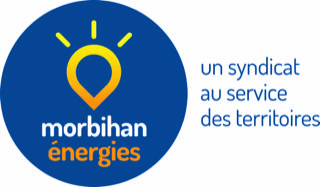
About us
A public institution for inter-municipal cooperation, ME was created on 7 March 2008. It succeeded theDepartmental Electricity Union, an organisation that has regrouped since 1965 over 250 municipalities in theMorbihan area. ME is the owner of the low and medium voltage electricity networks as a public service. On behalfof the 250 municipalities of Morbihan, ME is responsible for controlling, developing and strengthening itselectricity distribution network, the operation of which has been entrusted to Enedis. ME carries out public lighting investment works, renovation or diagnostic and maintenance operations. It holds the delegatedcontracting authority for 248 municipalities in the department. ME is also a key player in the deployment of fibreoptics in the Morbihan. It also operates in the field of charging stations for electric vehicles, in the renewableenergies, gas and heating networks sector and aids the digitization of plans in a geographic information system.
Our role in the project
Morbihan Energies is a lighthouse project partner in the NESSIE project for the launch of an exciting new initiative that Morbihan Energies (based at Luscanen in Vannes) will launch with the neighbouring IUT Lorient (part of University of South Brittany) that specialises in training Energy Efficiency and Transition professionals for the future through their 3 year BSc University technology course (BAC+3). NESSIE will help launch an exciting new phase of cooperation with the IUT dedicated to the topic of energy productionand storage on the Ile de Houat. NESSIE will permit an increasing flow of students, trainees and researchers fromIUT Lorient to work in real world situations between our sites at Luscanen and Houat. Morbihan Energies servesboth coastal and island communities so the importance of accelerating the energy transition and maintainingthese systems in the future contributes directly to the delivery of the Green Deal in the territories we cover.

About us
Ameland is one of the five isles in the north of the Netherlands. The island, part of World Heritage Area the Wadden Sea, is home to 3,600 inhabitants and attracts approximately 600,000 visitors per annum with 2,200,000 overnight stays. Self-sufficiency is second nature to the local community. Quality of life is driver for ambitions on sustainability. It is for that reason that Ameland wants to be a leader in the energy transition and aims to be net zero by 2035. To achieve this goal, Ameland focuses on energy saving, generating, storing and heating. By connecting these smartly, Ameland works on a future-proof fossil-free energy system. Only together can we achieve this. Through projects at and with residents and many other parties. This is how Ameland works on solutions that suit the island. Reliable and affordable.
Our role in the project
To achieve the energy transition goals, a rapid increase in skilled energy transition technicians is a must. In the Nessie-partnership the Municipality of Ameland is responsible for the engagement of installers on the island of Ameland. The municipality facilitates the collaboration between the local installers, the regional vocational school FIRDA and Learning Hub Friesland who is responsible for setting up targeted recruitment campaigns to attract increased number of students. Furthermore, the Municipality of Ameland supports the organisation of an E-Campus and trainee pilot projects on the island.

About us
The Sustainable Innovation Policy (SIP-) section of the Department of Planning has its education, research andsocietal services' focus on innovative policy development: advanced policy mixes and instruments designed to contribute to the achievement of the UN Sustainable Development Goals, the EU Green Deal, the EU Circular Economy as well as national, regional and local green policies. Moreover, in the NESSIE-project SIP-AAU's longstanding experience with competences building via Project Based Learning, with bottom-up EnergyTransition (on Samsoe Island & other lighthouse projects) & Circular Economy projects in practice (the MegaProject in and around Aalborg City) is an essential pedagogical element. Finally, the focus on the development of new, up- and re-skills for the Green Dealworkforce are in line with AAU's secundary educational contribution goals.
Our role in the project
Four different tasks are envisaged in the NESSIE-project, all based on graduate or likewise studies. The first study, under Workpackage (WP) 1 is aimed at building an energy transition stakeholder map of the household/small utilities market with a central focus on the role of installers/craftsmen/energy experts in the diffusion process of new sustainable energy equipment, based on the NESSIE-data from the different North sea countries involved. The second study, under WP2 will deliver a background report on the end-of-life(circular) management of existing energy equipment waste. Along the same line, also in WP2, the third study will focus on Circular design approaches and guidelines for new energy transition equipment/systems. The 4th study, under WP3, will deliver a report on innovative policies and instruments that could strenghten the implementation of the outcomes of the NESSIE-project.

About us
Samsø Energy Academy is a project-based organization focused on the consequences of climate change. The Energy Academy is a physical gathering and meeting place for all kinds of people who are interested in community development. Put simply, its organizational goal is to convey knowledge about holistic cooperative processes. The Energy Academy’s name is inspired by Ancient Greece and functions as a local gathering place for the island’s various organizations. It hosts meetings and gatherings concerning subjects such as education and research, including courses, meetings, seminars, and exhibitions about energy, climate change, and sustainable resources.
Our role in the project
The Samsø Energy Academy (SE) is excited to contribute its extensive experience as an international best practice example to the NESSIE project. By collaborating with partners in Germany, the Netherlands, Belgium, and France, who face similar challenges in their island territories and vocational schools, SE aims to share its best practices and learn about new approaches. Through NESSIE, SE plans to design and deliver successful short courses tailored to Samsø's needs, enhancing the sector's appeal for new entrants and providing opportunities for reskilling. Ultimately, these efforts will leave a lasting legacy by influencing Denmark's vocational training sector.
About us
-
Our role in the project
As a project partner of NESSIE, Firda brings in the experience of a well-known Vocational EducationTraining (VET) school specialised in Installation Technology, Construction, and IT. Through the (national) best practices of Firda it will support the education, upskilling, and reskilling of technicians by contributing to develop (WP1), design (WP2) and test (WP3) two or more Short Advanced Courses & several Traineeships. Firda will do this in close collaboration with the ET-installers on the islands of Ameland and its local authority. In WP3 it will also establish an E-Campus on Ameland to promote ET-installer innovations, enthuse new entrants, and function as a meeting & breeding place for further energy transition innovations. Firda will also help to disseminate the project best practices and lessons learned to the rest of the North Sea Region in WP4.
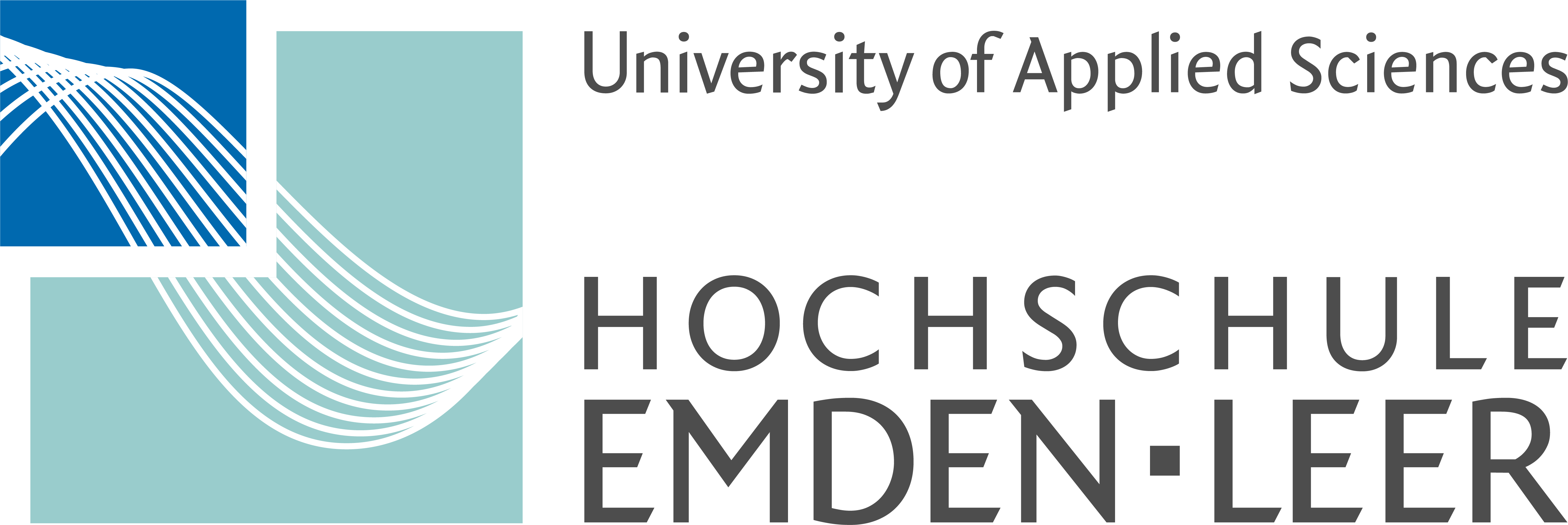
About us
Hochschule Emden/Leer – University of Applied Sciences is a forward-looking institution in northwestern Germany dedicated to innovation, sustainability, and social responsibility. With strong regional roots and a global outlook, the university offers academic programmes across four faculties: Social Work & Health, Economics, Maritime Sciences, and Technology. As a self-declared “Zukunftshochschule®” (“Future University”), it actively shapes regional transformation through applied research, student engagement, and inclusive education.
Our role in the project
Hochschule Emden/Leer has joined the NESSIE project to build on the foundation laid by BBS Borkum. We support the development of flexible, high-quality technical training that responds to the needs of the green transition. By connecting with local artisans and vocational schools, we aim to deliver hands-on learning opportunities for students on North Sea islands. Our contribution focuses on strengthening student recruitment, piloting traineeships, and enhancing the visibility of energy transition careers in our region.

About us
Nordseeheilbad Borkum GmbH (NBG) is a wholly-owned subsidiary of the municipality of Borkum. All municipal economic activities are bundled in the company: Operation of the public tourist facilities (Tourist Information, swimming pool and wellness centre ‚Gezeitenland ~ Wasser & Wellness‘, Nordsee Aquarium, ‘Kulturinsel’ event centre, the ‘Spielinsel’ for the little ones), management of the entire beach as well as the beach-related infrastructure (promenade, Kurhalle am Meer with restaurants, pavilion with live music ‘Musik & Meer’), marketing of the island of Borkum, supplying the island with electricity, water and heat, operation of the Nordsee Windport Borkum, a large part of the harbour as well as the island's airfield. With more than 150 employees, Nordseeheilbad Borkum GmbH is the largest employer on the island.
Our role in the project
NBG will be mostly involved as a consultant & policy advisor on the island of Borkum and will facilitate the local vocational school on Borkum & the local ET-installer organisation 'Ortshandwerkerschaft Borkum' during their activities on the island. NBG will further contribute to the project through their competences in energy supply, as well as in future technologies in the energy transition on the island. They will be especially involved in WP1 and WP2 since the new required competences are identified and design in these two WPs. Besides that they will also help out during the testing phase of the SACs, E-Campuses and Trainee pilots in WP3.
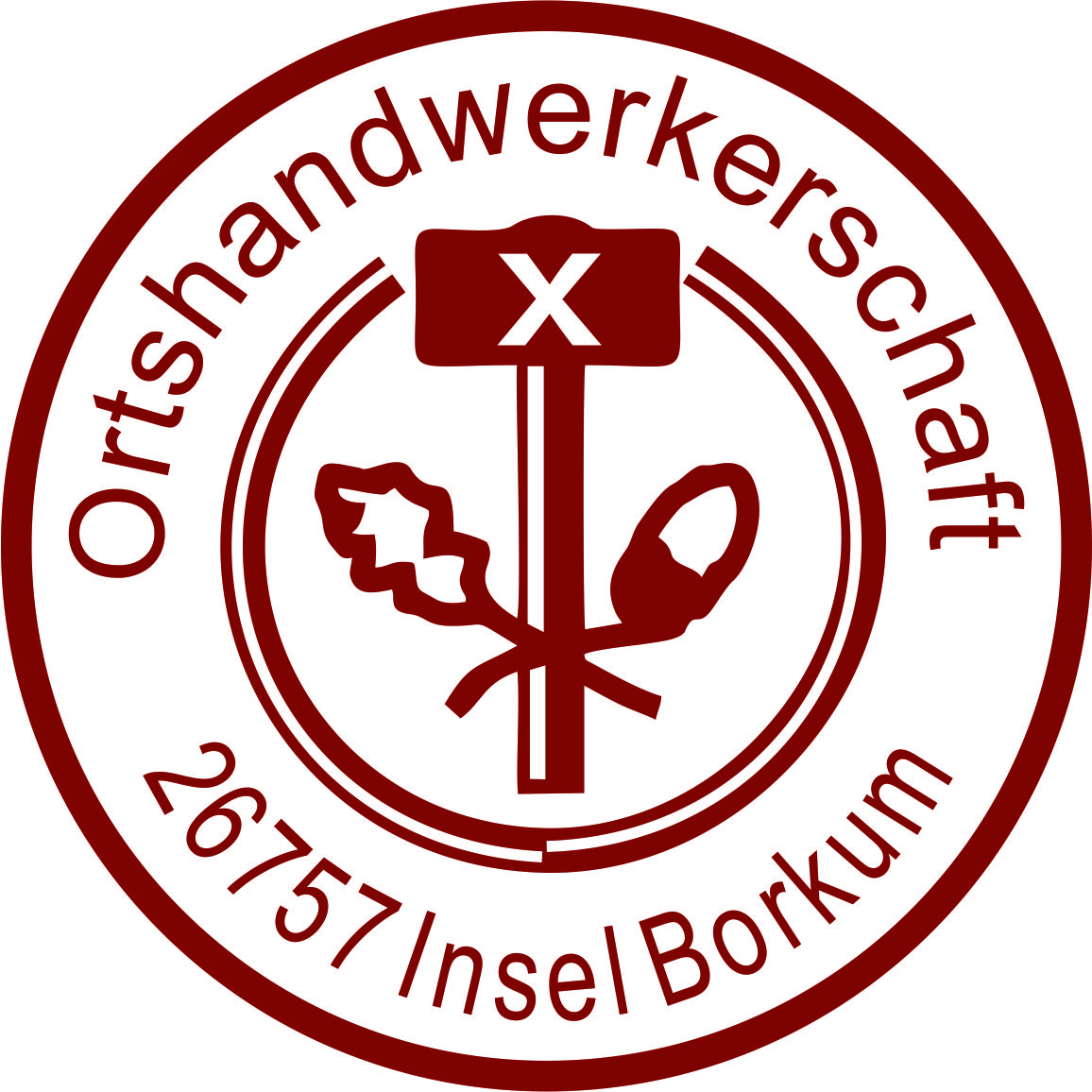
About us
OB is a point of contact for all members with regard to craft law ever since. It forms the interface between the local companies & the Chamber of Crafts and the District Union. At the same time, it is a competent partner intraining & in particular the final exam for the local craft companies, which together form the largest employer on
this island. The local craftsmen's association is the interface in the dual vocational training to the Aurich Chamberof Crafts and the Borkum Vocational School. In addition to the Borkum municipal works, there are seven electrical engineering companies & seven companies in the sanitary, heating & air-conditioning on the island.There are a total of 50 Master-run crafts businesses with around 400 skilled workers & trainees, members of thelocal craftsmen's association. It organizes and arranges cross-company and company training for the membercompanies. We also have contact with the guild companies on the mainland in the trades relevant to the project.
Our role in the project
WP1 (ORIENTATION) Clarification of the current state of the vocational school and in the member companies. Technical knowledge and skills in the area of the desired knowledge transfer and determination of the desired further training WP2 (Design of Solutions) and WP3 (Testing, digitization and promoting curricula/courses, realizing E-campus ) Participation in the design of the further training modules in close coordination with the Borkum vocational school, the member companies and possibly an educational institution on the mainland and of course the execution of the technical services for the pilot projects on the island of Borkum by our member companies

About us
Learning Hub Friesland combines a deep commitment to education with a passion for innovation, internationalisation, and collaboration. As a socially responsible company, we facilitate and coordinate international partnerships to foster educational innovation. From our office in the heart of Leeuwarden, our team of six, augmented each semester by interns from H.E. and VET, works on substantial projects internationally with various regional partners. We support Friesland’s educational institutions, from primary school to universities, in enhancing their educational offerings by international cooperation. As a true hub, we connect like-minded individuals and collaborate with regional and international entities to advance education.
Our role in the project
The EU Green Deal sets a target for the EU to become climate-neutral by 2050, which necessitates a rapid increase in the capacity and skills of Energy Transition (ET) technicians. To support this goal, Learning Hub Friesland (LHF) will enhance the demand side in the NESSIE project by significantly boosting the recruitment of technical students, including both young pupils and side-instreamers, at the involved vocational institutes. LHF's responsibilities span Work Package 1 (WP1) and Work Package 2 (WP2), focusing on delivering an enriched recruitment programme. This programme will include intensified secondary school visits, video marketing, and social media promotion through influencers in the energy transition field. To develop innovative and effective recruitment campaigns, an initial step will involve analysing current recruitment activities at VET schools in the North Sea region and conducting international benchmarking. This approach aims to identify and implement effective strategies to meet the increasing demand for skilled ET technicians.
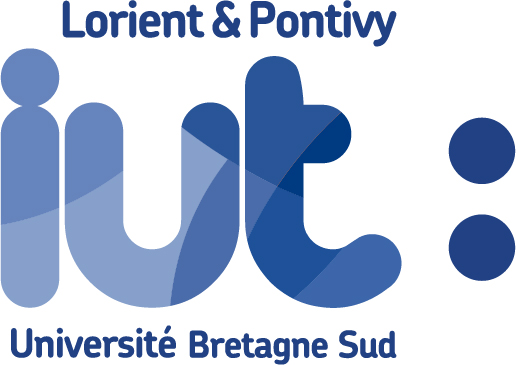
About us
The IUT, public service of higher education and internal component of the university, develops both trainingactivities (L1, L2, L3) and research. Its originality is due to its professionalizing approach, and to the relationship close relationship that it maintains with the socio-economic actors of its territory Our IUT and within the framework of its B.U.T. intermediaries, for the building and industry sectors. With the objectives of energy efficiency and sobriety, the development of renewable and unavoidable energies, he puts his technical skills at theservice of his company or his customers in the choice of solutions. More energy efficient and with low environmental impact. Our teaching team (20 teachers-researchers, 15 professional experts) is versatile and has strong skills in the implementation of a technical platform to train and support our students in their professional mission.
Our role in the project
IUT will focus on 3 areas. A1: creating a new technical and training platform (IUT Lorient) based on technical systems dedicated to the production, storage and distribution of energy on the island of Houat. As part of WP1, IUT will develop a smart energy system (smart battery, local grid, V2G installation) linked to a digital platform fore-learning in energy management (microgrid control and EMS). A2: developing innovative teaching methods (tutored by teachers and professionals, SACs for traineeships and company trainings). A3: promoting these technologies and skills in primary, secondary and high schools through the technical platform, visits to the island's facilities and international exchanges, with a view to feminizing the predominantly male energy professions. IUT will support education, training and retraining of technicians through (inter)national best practices and contribute to the development (WP1), design (WP2) and testing (WP3) of several SACs, E-Campusand Traineeships.
